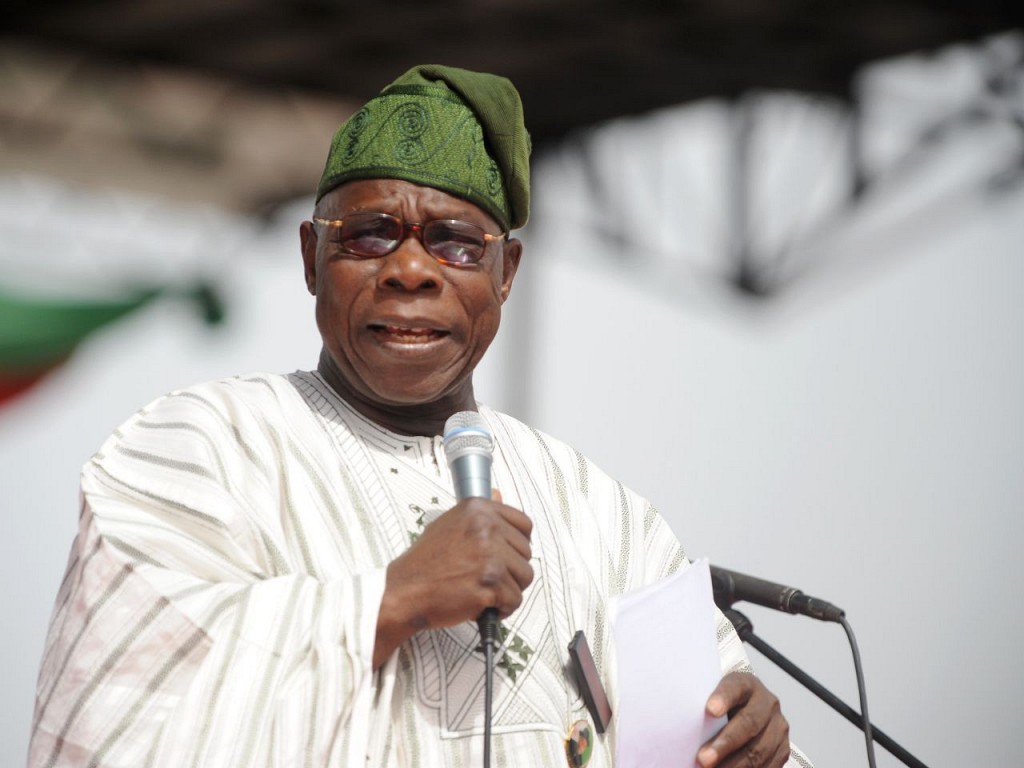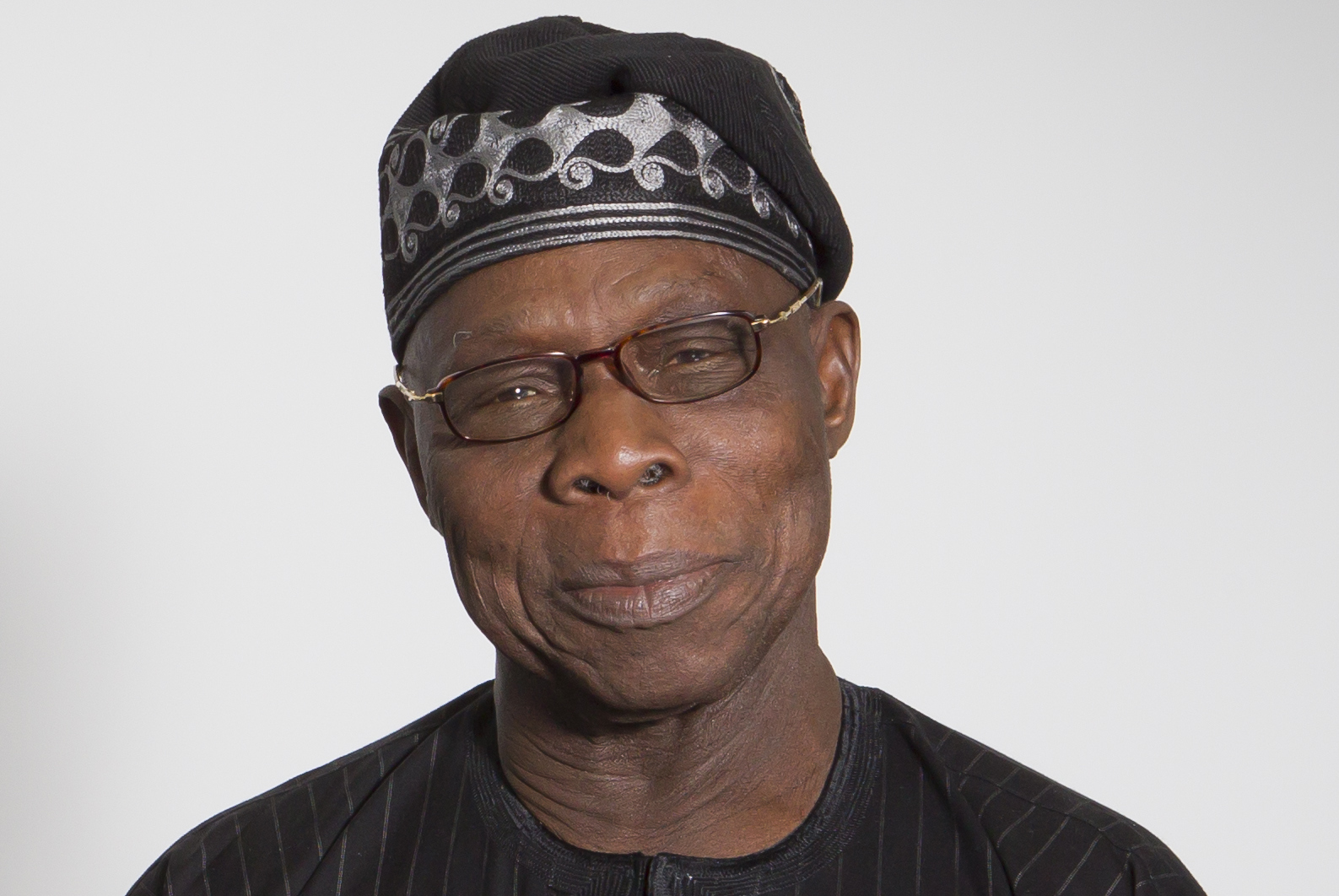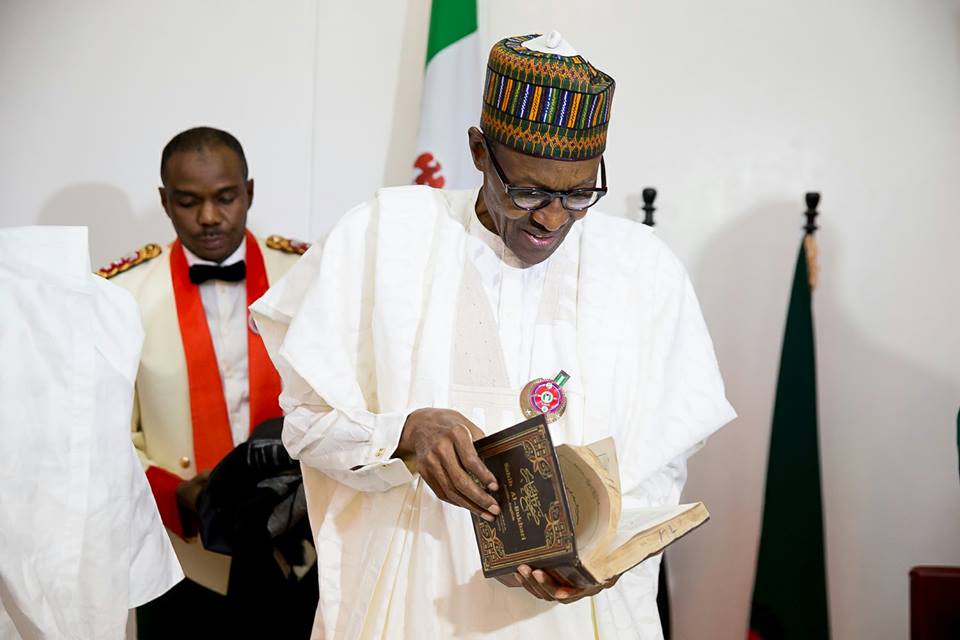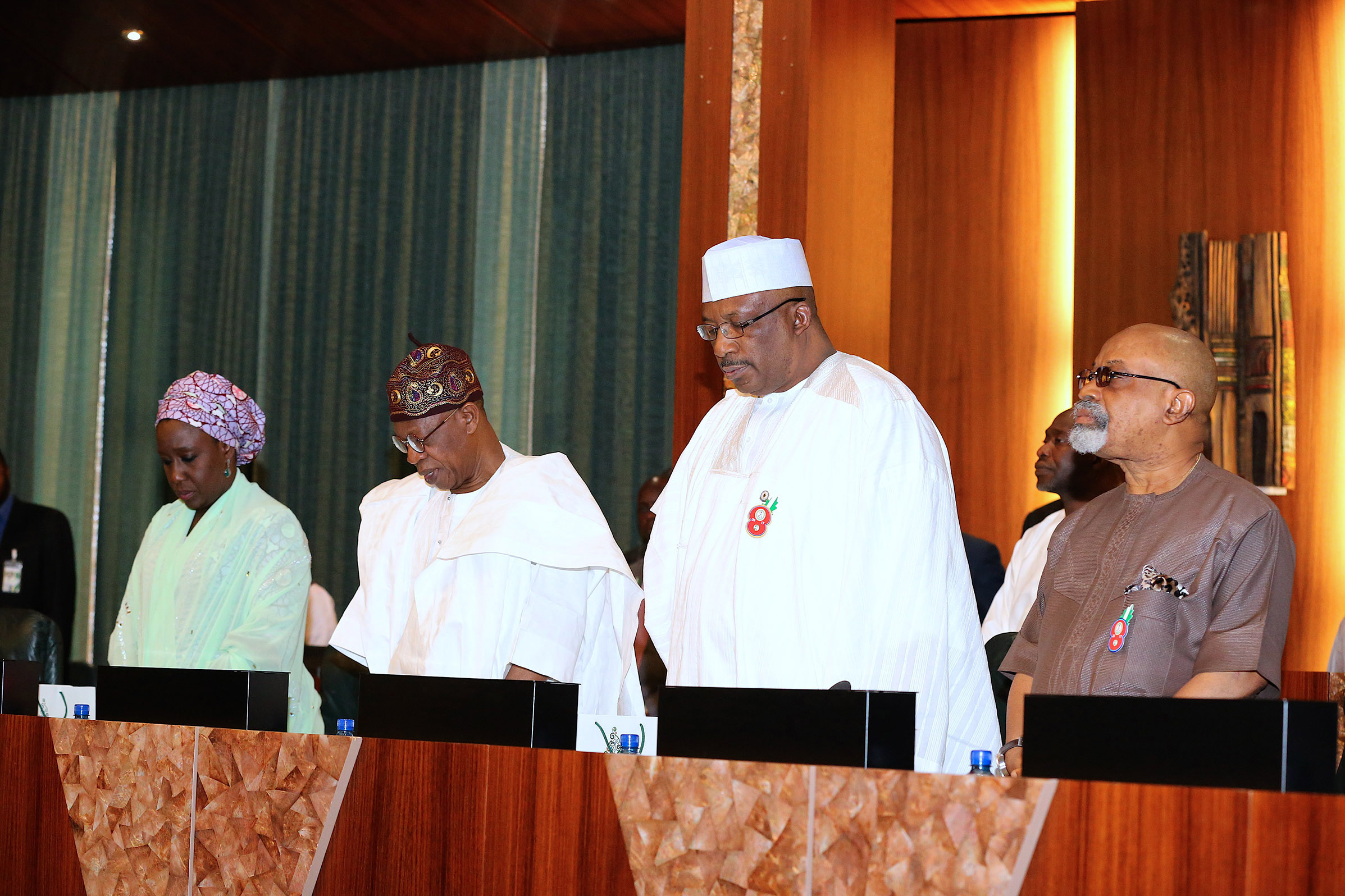I can imagine the self-righteous indignation in the minds of many Nigerians at the attempt to draw a comparison between the two gentlemen whose names appear on this headline. I cannot say I don’t understand.
In the contemplation of the average Nigerian, having these two names in the same sentence would be akin to likening sleep with death. One man is suave, well-educated and representative of the progressive politics that we now look on to as harbinger of good governance that have eluded us forever. An archetype of the biblical Moses to deliver our country from the wilderness of stunted accomplishments resulting from the curse of recurring bad leadership.
The other man, to a lot of us, is the very example of the past that we would rather obliterate from our memories. Of no more than moderate educational attainments, sometimes garrulous and almost always impatient, even disrespectful of unpropitious constituted authority (It can be argued that the two men are similar on the last two fronts though), he is an ubiquitous memento of the 16 years of the “waste” signified by the Peoples Democratic Party (PDP). Consequently, it wouldn’t be a struggle to understand the surprise of readers at the attempt to juxtapose these two.
But there is a sense in which both men stand out in the current scheme of things in Nigeria. In spite of the obvious divergence in their personalities, both were elected to govern their respective state of origin and are members of the elite club of the 36 governors of Nigeria’s federating states.
Advertisement
In this all important duty, there are also discernable differences mostly dictated by the personality types described above in their performances. Mallam Nasir el Rufai who governs Kaduna State in the North West Zone has displayed an alluring grasp of the idea of sustainable development. If you are a Nigerian in tune with trends that might define the future, you would love some of his initiatives.
Take his strides in taking children off the streets into the schools for instance, aside from incentives like a school feeding programme, which template now inspires the Federal Government stillborn identical policy, he has unprecedentedly chosen to enrol his children in public schools in the state. This step gives a measure of assurance of direct supervision of standards.
You cannot but love the man’s determination to industrialise his state, the steps he is taking to revamp the textiles industries that defined the economy of the state as well as his commitment to rebuilding health infrastructure.
Advertisement
The state recently signed a memorandum of understanding with global corporate giant, General Electric to equip 255 primary health centres and 23 general hospitals across the state. The programme includes the training of healthcare professionals and a three-year maintenance agreement for the equipment. The plan is to deliver at least one overhauled hospital in each of the 255 wards in the state. To abbreviate the narrative, el-Rufai has brought some sophistication to governance,
But same cannot be said of Mr. Ayodele Fayose, who governs Ekiti State in the South West of the country. This man could be called a governor on the streets. His stomach infrastructure philosophy, which comes across as dishing out fish to the citizenry instead of teaching them to fish had permanently cheesed off a lot of Nigerians such that there can be nothing good about this two-time governor in their books. Directly awarding government contracts to peasant artisans, giving a stipend of N5, 000 to indigent people across the state and taking moments to feel the deprivations of the people, possibly in perpetual recollection of his humble beginnings further nauseates compatriots who would prefer that all governors were as dignified as el-Rufai.
In addition to what many consider as his pedestrian disposition to governance, Fayose has invited the interminable anger of lovers of President Muhammadu Buhari and his All Progressive Congress (APC) by becoming the loudest opposition voice to the national government.
As Nigerians mostly seem unable or disinclined to compartmentalise their assessment of the performance of public officials, it can be said that those who admire el-Rufai loathe Fayose and vice versa. Unfortunately, the former folks, even if one cannot definitely put them in the majority, clearly have the loudest voice with which they drown out contrary tunes.
Advertisement
This is the proclivity which the recent appraisal of Fayose’s by General Overseer of the Redeemed Christian Church of God; Pastor Enoch Adeboye exposed about us as a people.
Adeboye was quoted as saying the following about Fayose: “We thank God for your life, we thank God for your courage and your boldness. We thank God for your being willing to take risks so that your people can be protected. You are a governor who knows when to say enough is enough in defence of his people..,” Fulani herdsmen were perfecting the plans to attack defenceless citizens of the Southern part of Kaduna State.
As scurrilous attacks mounted from all quarters about Adeboye’s comments, bodies of children, women and men killed in the senseless attacks piled up in Kaduna. At a press conference last week, the Christian Association of Nigeria (CAN) hinted that over 800 innocent souls were lost in the herdsmen conquest. Lands, homes and other possessions of the victims were also taken over with the smooth governor of the state sending contradictory vibes on the cause and effect of the killings.
While el-Rufai’s immediate response to the Christmas attack on southern Kaduna smacks of one of incompetence or an reluctance to nip the issue in the bud, his comments while explaining previous attacks can be said to have encouraged the marauders.
Advertisement
Earlier last month, the Kaduna Governor was quoted as owning up to having set up a committee that followed the lead of late Governor Patrick Yakowa and traced perpetrators of previous attacks to Cameroon, Chad, and Niger. He thereafter sent a warm message of ethnic solidarity to the effect that a Fulani man like these criminals had become governor of the state as a likely form of appeasement.
The governor further suggested that these attacks were a revenge of 2011 post electoral violence in which some herdsmen lost cattle. He then indicated that he was considering compensating the aggrieved herdsmen by paying for cattle that they allegedly lost in 2011.
Advertisement
Now, aside from the opacity surrounding the killing and stealing of cattle six years ago, el Rufai’s disposition here shows the abdication of his authority and deference to the dictates of the same invaders who are killing the people he swore to protect. The people over whose wellbeing, the 1999 Constitution holds him accountable.
The governor would thereafter scamper to Abuja asking for belated assistance after he had laid a background for cross-country disaffection by alleging that the attacks were likely to be perpetrated by Niger Delta militants! Such duplicity would explain incessant herdsmen attacks in which innumerable lives have been over the past few months
Advertisement
Compare that to the reaction of Fayose, who after the death of two residents of Oke Ako in the Ikole Local Government Area of the state in May last year, initiated and signed the Prohibition of Cattle and Other Ruminants Grazing in Ekiti, 2016, which regulates the operation of cattle herders. All of these were done within three months.
This law has been tested on at least one occasion and that has led to a meeting of minds between the governor and the Miyetti Allah Cattle Breeders Association of Nigeria (MACBAN). Even if this does not provide an impeccable solution, no single account of life loss has been recorded in the state thence, lives have been safe and peace reigns in the land.
Advertisement
So while one governor is being apologetic to killers of his people, literarily validating their right to avenge cows that were killed or stolen six years ago, another is saying without equivocation that “the lives of 5000 cows cannot be equated with those of human beings killed daily by herdsmen…” Yet both governors are empowered by the country’s constitution to protect the lives of their people, without which every developmental initiative would be a waste.
Life is for the living and effective governance is fundamentally about protecting the lives of citizens. It is a lesson that all our leaders should promptly imbibe.
Happy New Year, dear readers
Twitter@niranadedokun
Views expressed by contributors are strictly personal and not of TheCable.







